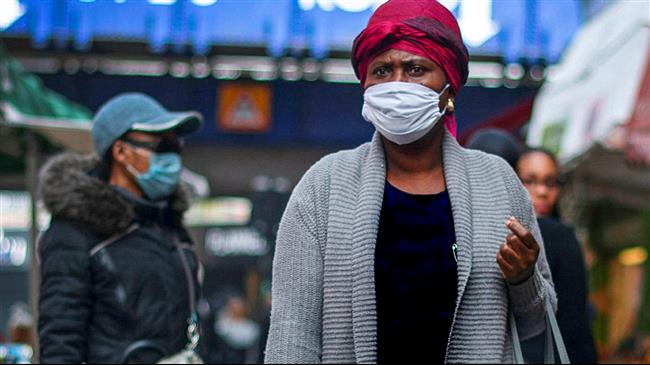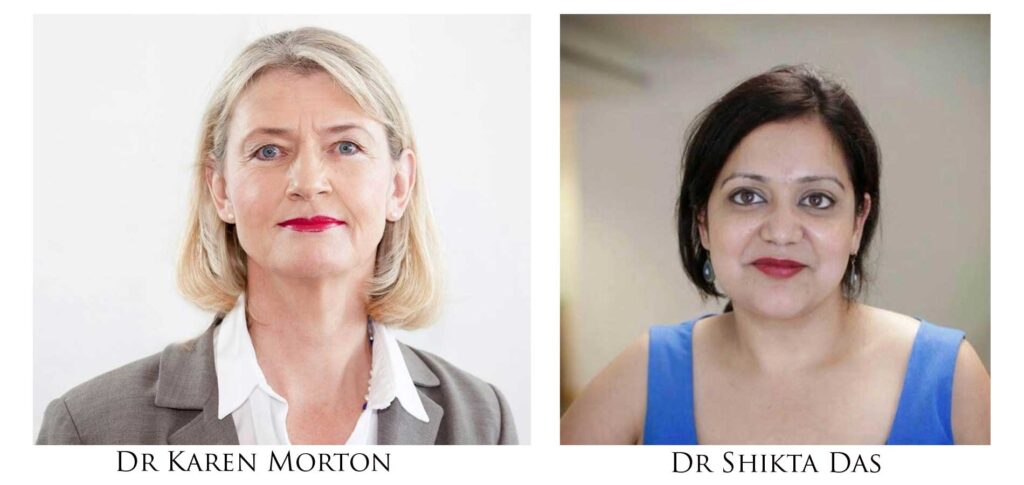
This year, two major global events have highlighted a demand for an explanation in to institutional racism and health inequalities.
The death of George Floyd whilst in police custody sparked outrage across the world and has led to an unparalleled movement in #BlackLivesMatter. At the same time, the data from Office of National Statistics (ONS) as well as Public Health England (PHE) showed us that there is a “greater” risk of dying from Covid-19 in all BAME groups compared to Caucasians; particularly vulnerable are those from Black Caribbean and Bangladeshi origins. Latest data also shows that more than half of the pregnant women admitted to hospital with Covid-19 are from BAME background, with pre-existing conditions. We, an epidemiologist and an obstetrician, using our knowledge and experience attempt to explain the puzzle behind this unequal disease burden which the BAME community face and its possible links to structural or institutional racism.
We, an obstetrician and an epidemiologist, using our knowledge and experience, now attempt to explain the puzzle behind this unequal disease burden which the BAME community face and its possible links to structural or institutional racism.
It is all too easy to pin everything on genetics. However, we already know that ‘race’ has no definition in genetic terms. Our ancestry has been through several cuts and bends and our variations cannot be so easily defined into pure categories of race as used in a social/demographic context.
Some commentators have drawn attention to the social inequalities these communities have faced. However, not many have managed to explain how these manifests in the biological mechanisms of the co-morbidities that are strongly correlated with the greater severity of Covid-19. It is important to understand that diseases such as high blood pressure or diabetes (leading co-morbidities associated with Covid-19 death rates) may have genetic inheritance but it is equally important to appreciate that added structural racism is putting these communities at a more disadvantageous position than the rest of the population.
Having worked with patients and patient data, we have evidence of pre-eminence of socio-economic environmental factors in biological mechanisms. So much so that adverse exposures right at the start of life during early and later in-utero development influence future health outcomes in individuals. The Developmental Origins of Health and Disease hypothesis (DOHAD) was postulated in early 2000s by David Barker. It states that disruptions to foetal nutrition have significant effects on health outcomes in later life. His original work investigated gestational under nutrition and cardiovascular diseases in later life.
There have been many studies over the last two decades which have provided the crucial evidence to support the DOHAD hypothesis. Since prospective studies on humans will be ethically impossible, scientists have looked at natural experiments or human tragedies for evidence to test this theory. The 1918 influenza pandemic, a natural experiment, showed a link between prenatal exposure to infection and incidence of cardiovascular diseases. A third of pregnant mothers and their foetuses were malnourished when the pandemic suddenly arrived in October 1918 and lasted till January 1919. The Survey of Income and Program Participation from 1984 to 1996 study showed that health outcomes of those who were in-utero during 1918 pandemic have a strong association with later life risks of cancer, kidney problems and hypertension.
A second good example was the ‘Dutch Hunger Winter’ study. In the winter of 1944, towards the end of the Second World War, the German occupation limited the rations to people including pregnant mothers in the western region of The Netherlands, including Amsterdam. Rooij et al, 2010, showed that children of the Dutch Hunger Winter mothers were not just affected via metabolic and cardiovascular disease but also by age-associated cognitive decline. Although these were the worst of human tragedies, they provided crucial support to DOHaD.
These evidence-based studies showed that pregnancy and infancy are critical periods of development and growth and that there is strong link between this period and lifelong changes to hormonal concentrations, abnormal organ development and diseases such as type-2 diabetes mellitus (T2DM), cardiovascular disease (CVD) and kidney disease in later life. The suggested ‘underlying mechanisms’ of these ‘programming’ effects could be due to environmental insults, excessive exposure to stress hormones, dysregulation in the development of hypothalamic-pituitary-adrenal (HPA) axis, alterations in gene expression. There is similar evidence from numerous studies showing a link between poverty, malnutrition, infections and poor health-seeking behaviour and this biological mechanism for diseases, especially T2DM.
Along with genetics, all these environmental, physiological and behavioural pattern factors have strong links with the observed structural racism and health inequalities affecting BAME community. It is therefore essential that we develop a more multi-dimensional approach to public health concerns, including preparing for and responding to pandemics. Addressing observed structural inequalities must be a key part of the long-term approach. Our focus should be on reducing poverty, investing in nutrition particularly during pregnancy, education, promoting breast feeding and most importantly addressing gender inequalities within BAME communities to give them power to make better decisions for themselves.
We have to remember that unlike genetics or aging, these environmental changes are modifiable and hence provide us with an opportunity to design interventions which may prevent such unequal burden of any disease on particular communities.
Particularly those faced by the BAME community.

By Dr Shikta Das PhD MSc Honorary Lecturer in MRC LHA at UCL and Scientific Team Lead in C4X Discovery and Dr Karen Morton MA MRCP FRCOG Consultant obstetrician and Founder of Dr Morton’s – the medical helpline
Love this post? Rate it!
[Total: 4 Average: 5]



